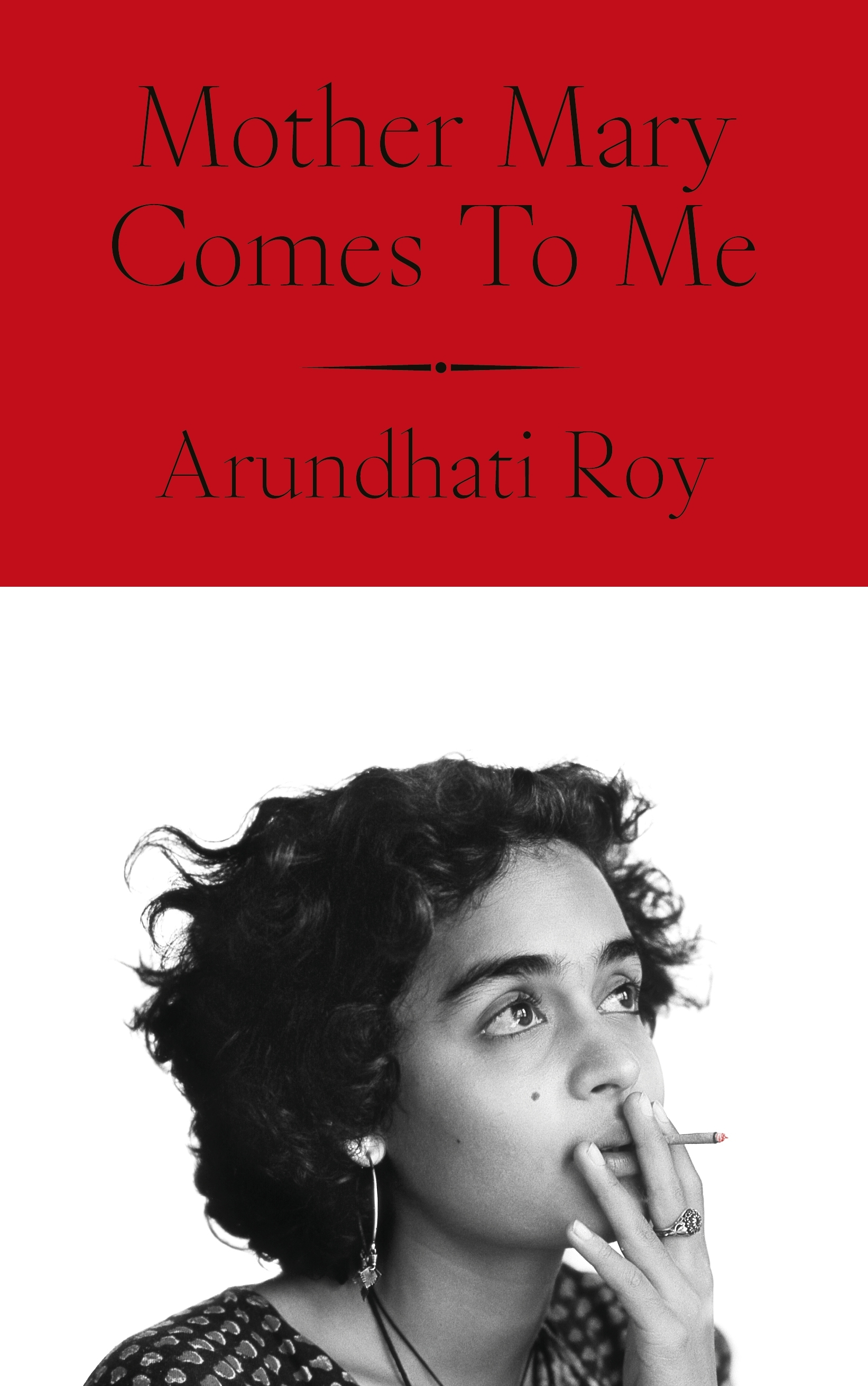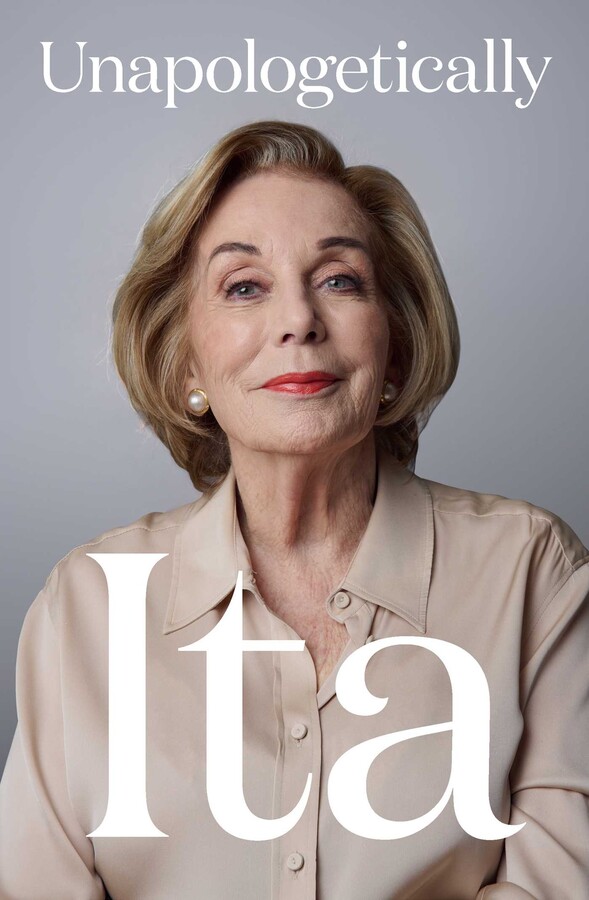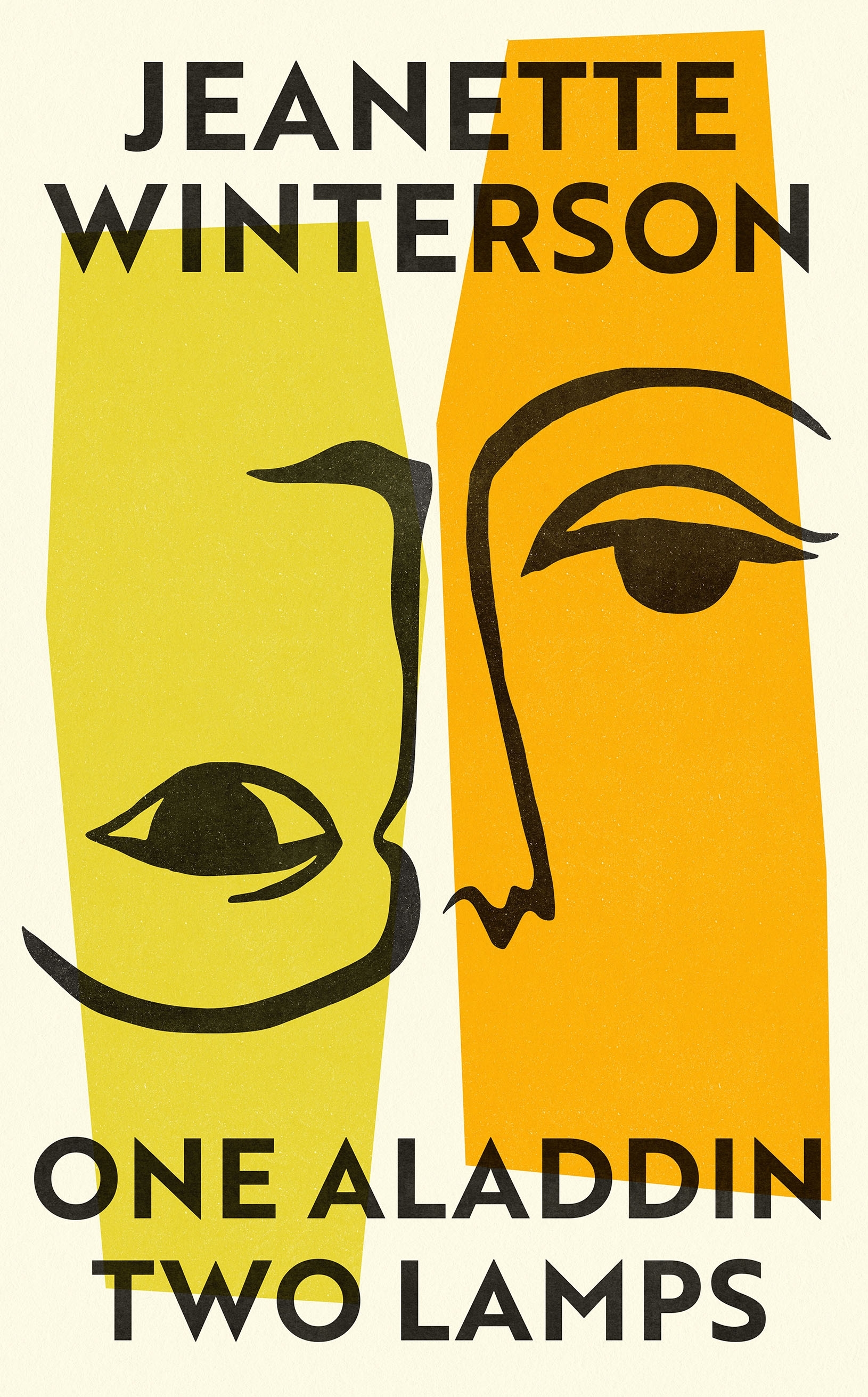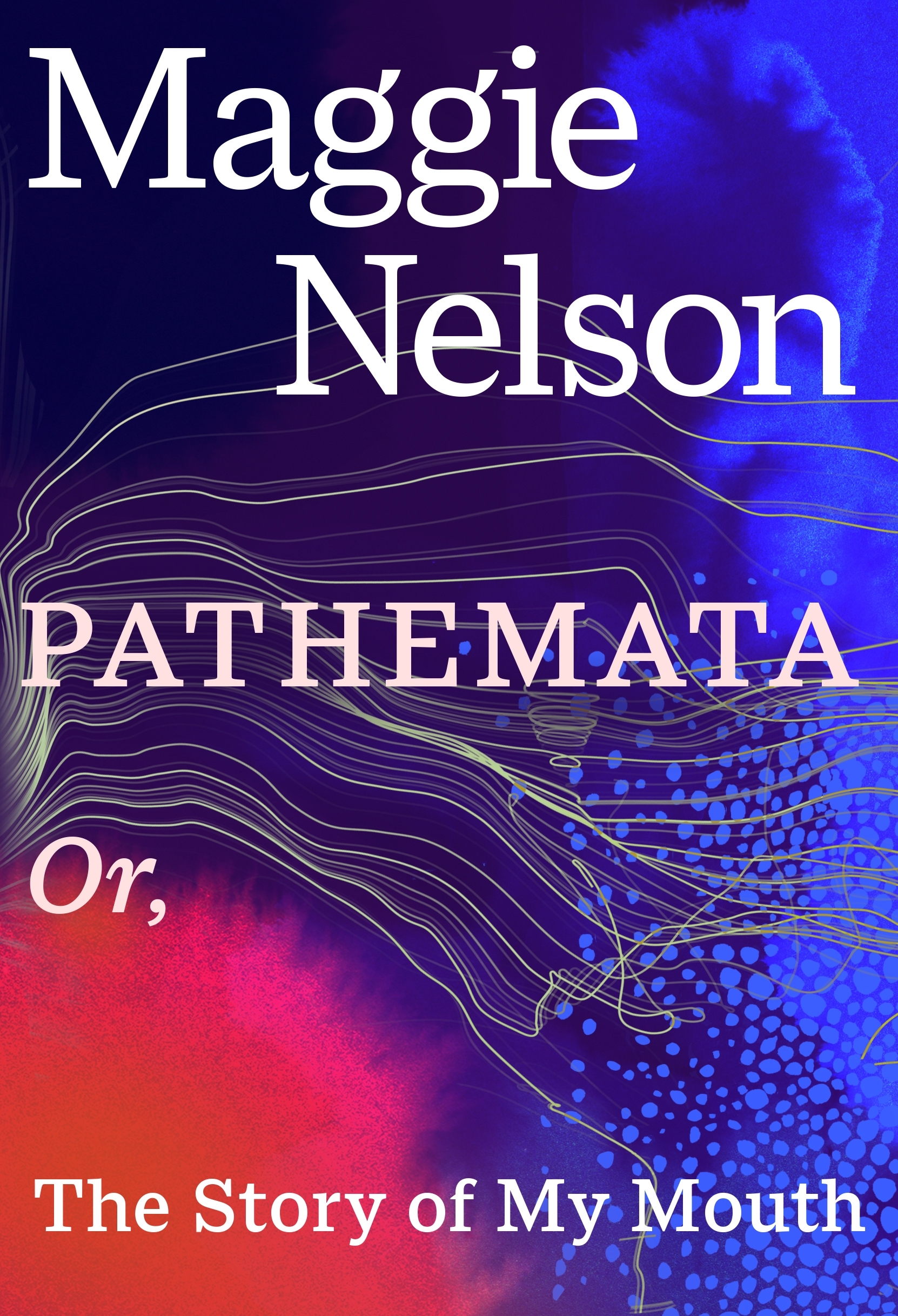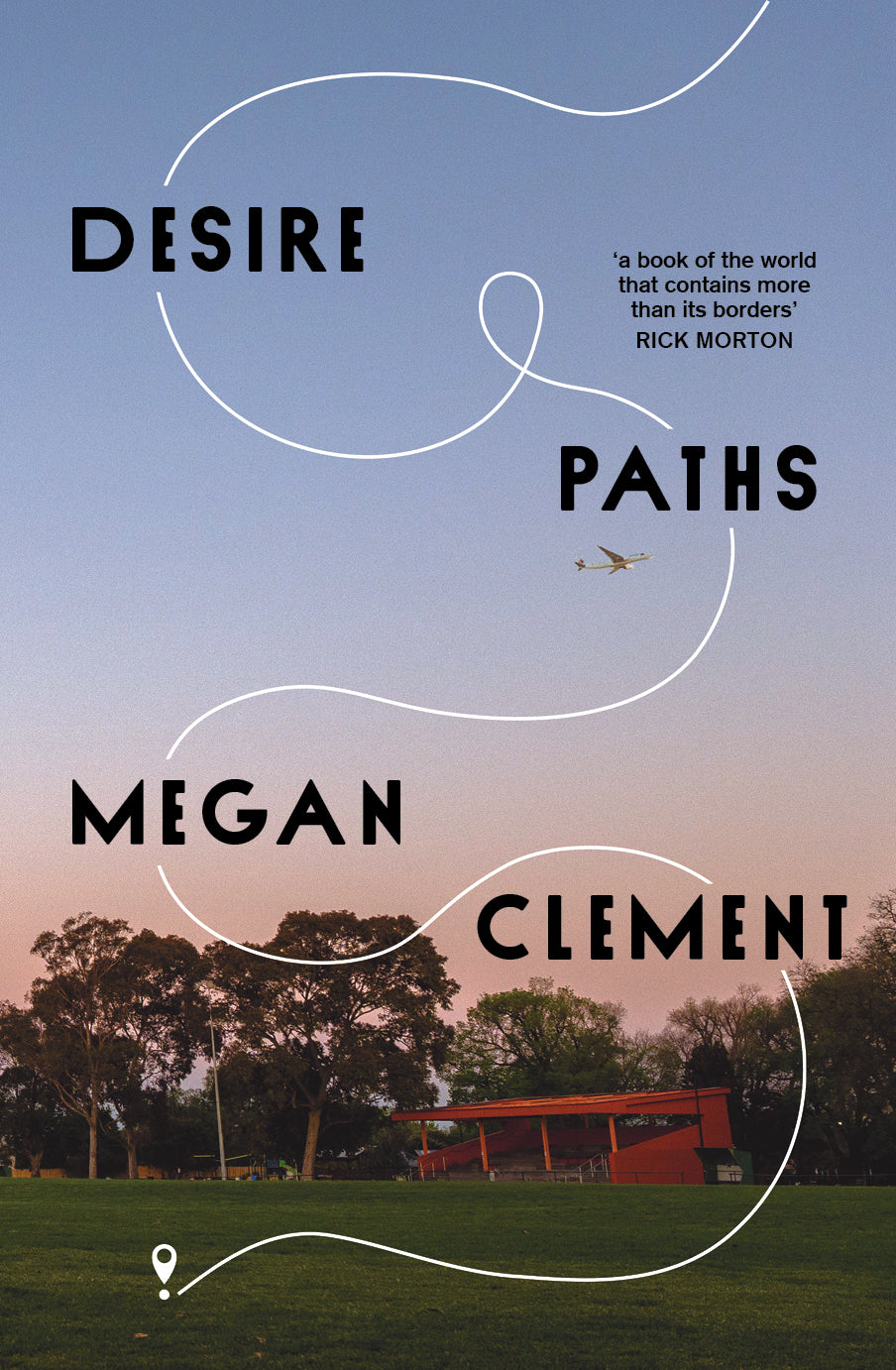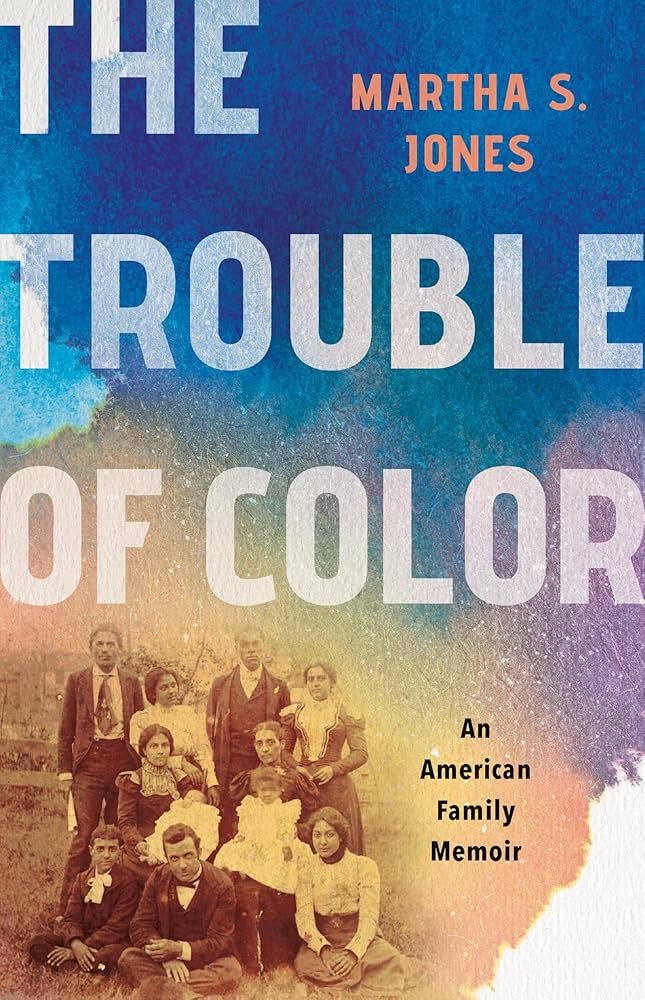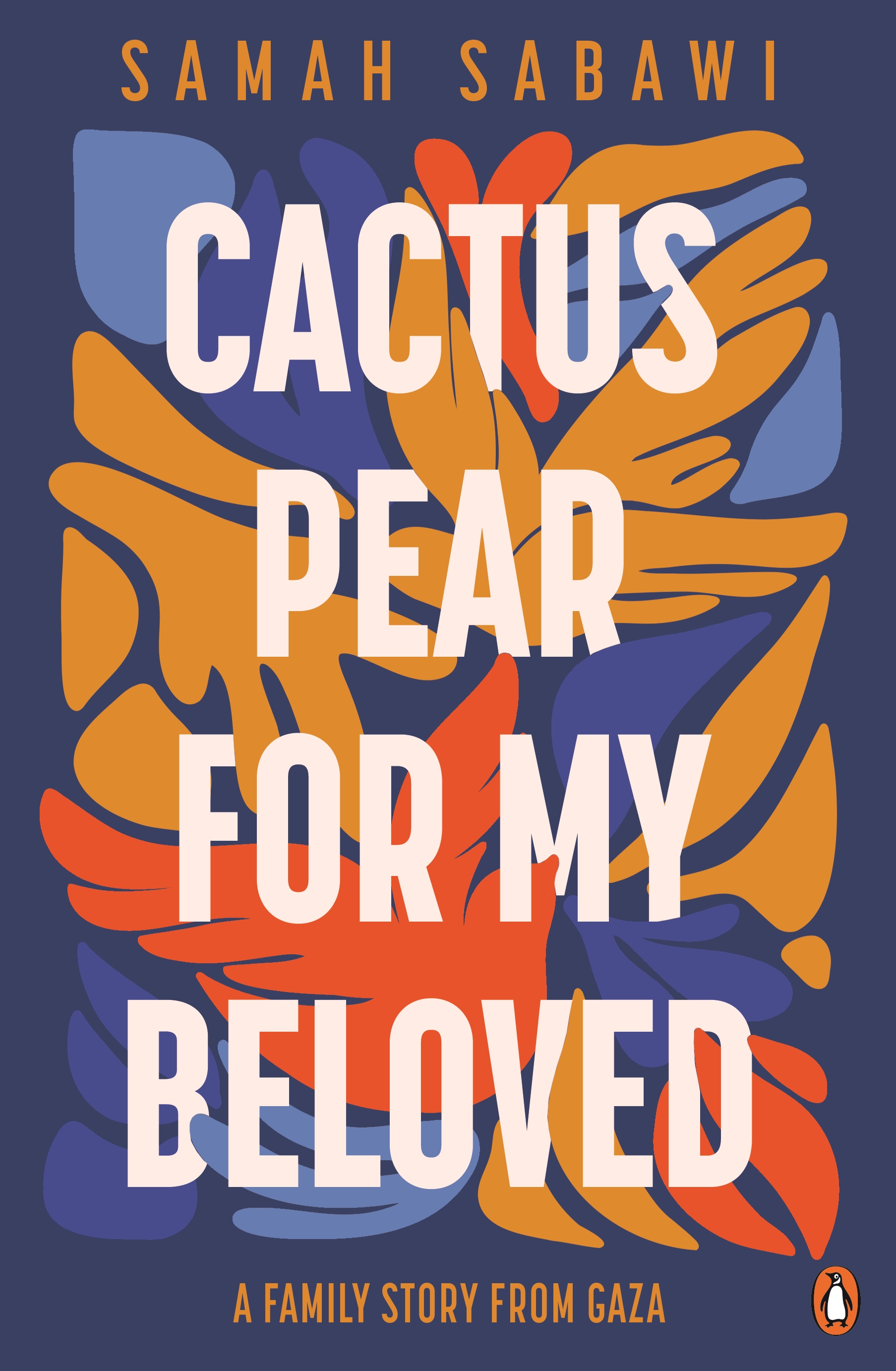Memoir
Raise Your Soul: A personal history of resistance by Yanis Varoufakis
Things can turn very quickly, my mother says. Be careful who you associate with. Με όλους και με κανέναν. With everyone and with no one. Watch what you do and what you say because they’re always watching – then, one day, they’ll write your name on ‘the list’ and we’ll never see you again.
... (read more)Mother Mary Comes to Me by Arundhati Roy
In 1997, a first-time writer came out of small-town Kerala, God’s own country, and wrote a novel exploring the nature of maternal love and the constrictions placed upon who can love whom and how. Narrated through the perspective of dizygotic twins – with their ordinary words capitalised and scattered across the pages to symbolise children encountering an adult world with equal parts awe and apprehension – this work went on to win the 1997 Booker Prize. Those of us whose minds were forevermore imprinted with Arundhati Roy’s sheer idiomatic chutzpah and semantic cosmopolitanism in The God of Small Things will find the writer in fine fettle in her latest work, Mother Mary Comes to Me.
... (read more)Ita Buttrose is someone Australians know; she’s someone that Australians trust’, said Scott Morrison, when he announced Ita Buttrose’s appointment as Chair of the Australian Broadcasting Corporation (ABC). For once, Morrison was saying something likely true. Buttrose’s long career in the media, especially in leadership positions, had afforded her a visibility, familiarity, and goodwill enjoyed by few in Australia.
... (read more)One Thousand and One Nights begins with an ending in sight. Unless Shahrazad can keep her husband, the Sultan Shahryar, entertained with her stories, she will follow the virgins before her who marry him only to be beheaded in the morning. Shahrazad’s means of escaping this response to his first wife’s infidelity opens the heart of Jeanette Winterson’s new book about what stories can do and be: ‘magic words that get us into the treasure and out of danger’.
... (read more)I was weaned on Blackadder. It was a series that hit its comedy straps when Ben Elton came on board for the 1986 second season to begin his immensely fruitful collaboration with Richard Curtis. Blackadder played a similar role in my childhood to Horrible Histories in the next generation. Its third season should probably take at least partial blame for the decades I spent studying Britain’s Georgian decades.
... (read more)Who is Kamala Harris and what does she stand for? This question animated coverage across the political spectrum during her 2024 US presidential campaign, even though she was already serving as Vice President – the first woman, the first African American, and the first Asian American to hold the office. At crucial points, Harris herself struggled to articulate her own distinctive agenda. When asked on the television talk show The View what she would have done differently from Democrat President Joe Biden over the past four years, she replied, ‘There is not a thing that comes to mind.’
... (read more)At the end of Maggie Nelson’s arresting new book, she offers a disclaimer: ‘This work conjoins dream and reality; all representations of people, places and events should be understood in that spirit.’ By the second page, though, it has already become apparent that while this work is peppered with recognisable biographical details, Pathemata: Or, the story of my mouth operates in new terrain. Here the limits of reality and dream are at times sufficiently porous that one wonders whether a particular passage belongs to the writer’s conscious or unconscious life.
... (read more)Urban planners refer to the accidental trails created by foot traffic as ‘desire paths’. These are the unintentional routes shaped by the footprints of where humans wish to go, rather than the signposted pathway. They are the barely-there tracks, sometimes right next to the concreted or cobblestone walkway, in quiet defiance of dictated procession. It is a concept ripe for writerly annexation – author Robert Macfarlane calls them ‘free-will ways’ – which journalist Megan Clement does superbly in this memoir of her beloved father’s death told through the desire paths her own life has taken – from a childhood in Stoke-on-Trent, in England, and Zimbabwe to her teenage years growing up in a leftist, working-class enclave of Melbourne and the years she spent flying between France and her dying father in Australia, until the pandemic grounded her in Melbourne, sans fresh air, human contact, and any possibility of carving out fresh footfall.
... (read more)The Trouble of Color: An American family memoir by Martha S. Jones
We are now in a time when the race crimes of the past that shored up colonisation, chattel slavery, and segregation can be more safely unravelled. Those of us whose families have been on the ‘wrong side’ of the colour line can discover the forces shaping our families and ourselves. Only in the past two decades or so have the veils of false respectability and dubious notions of human difference based on race been lifted sufficiently to allow a focus on the history of mixed-race family formations. Edward Ball’s Slaves in the Family (1998) was a joyous discovery for me, a mixed-race Aboriginal Australian who recognised the same pattern, every generation having both black and white relations in our families.
... (read more)Cactus Pear for My Beloved: A family story from Gaza by Samah Sabawi
Majnoon, Arabic for ‘madness’, looms over the life of Abdul Karim Sabawi, whose story is the central thread in Samah Sabawi’s 2025 Stella-shortlisted offering, Cactus Pear for My Beloved. The madness first takes form as the town lunatic, who terrorises the boy and his mother at the local well with concocted Quranic incantations. Thereafter, the majnoon casts fear from the sky, his ‘senseless and ruthless violence’ manifesting as Israeli aeroplanes that shadow Karim’s childhood, adolescence, and young adulthood in Gaza, Palestine. Born in 1942, Karim witnesses Al Nakba:
... (read more)

